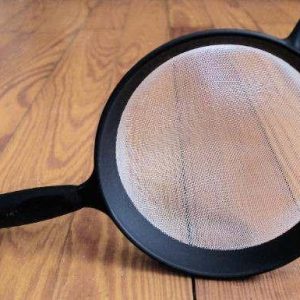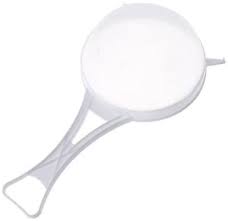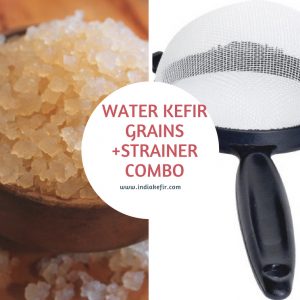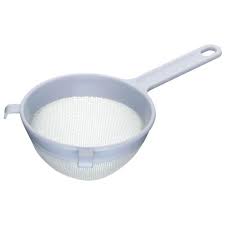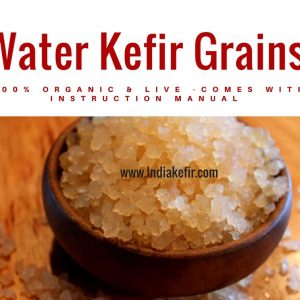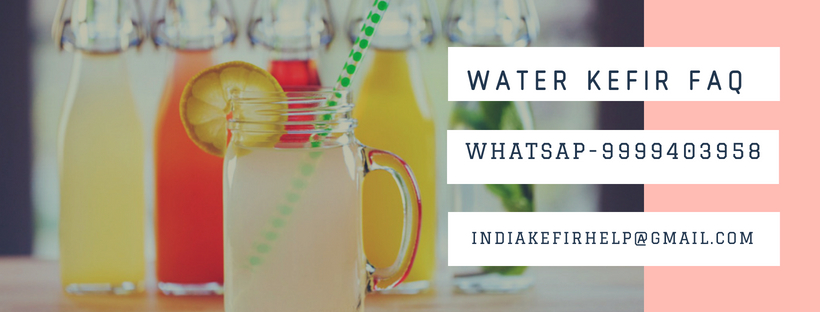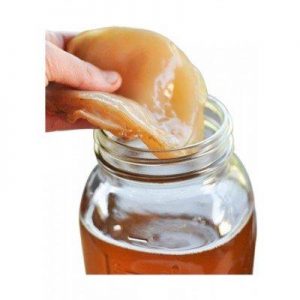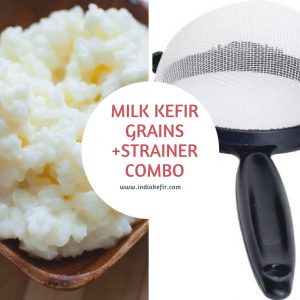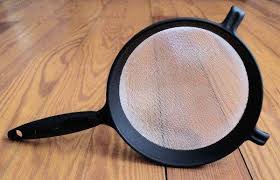Our Products
FAQ- Water Kefir
Listed below are some of the FAQ water Kefir ……
Q. What is Water kefir?
A. Water Kefir is a probiotic beverage made with water kefir grains. Water kefir grains can be used to culture sugar water, juice, or coconut water.
Q. Does milk kefir have the same benefits as water kefir?
A: Water kefir only lacks in calcium and proteins since it is not made using milk . Water kefir also has high amounts of Probiotics as present in Milk kefir .If you cannot have milk kefir or don’t like milk then water kefir is the best option.
Q. What ingredients go into creating water kefir grains?
A. SHIP KEFIR water kefir grains are grown using only distilled water & organic sugar.
Q. Are Water kefir grains reusable?
A. Yes, water kefir grains are reusable. Once a batch of water kefir has finished culturing, simply remove the water kefir grains and place them in fresh sugary water .
Q. How long do water kefir grains last?
A. If cared for properly, water kefir grains have an unlimited life span and can be used repeatedly to make kefir.
Q. I want to consume milk kefir but I’m allergic to dairy. Is water kefir a good alternative?
A.Yes! Water kefir contains no dairy and are grown in filtered water and organic sugar
Q. Does water kefir contain gluten?
A.No, water kefir grains do not contain gluten.
Q.How long does it take to make water kefir?
A.Water kefir generally takes 24-48 hours to culture. The exact time will vary depending on environmental factors, the most important of which is temperature. Allowing the water kefir grains to culture for longer than 48 hours puts you at risk of starving the grains and potentially damaging them.
Q .What is the difference between kefir grains and powdered kefir starter culture?
A. There are three primary differences between water kefir grains and powdered kefir starter: Water kefir grains have a larger number of probiotics than the powdered starter culture. With proper care, kefir grains can be used indefinitely to make kefir. Powdered starter culture can be reused for some of batches, but will eventually stop culturing. Powdered kefir starter culture has a smaller initial investment cost than do kefir grains; however, you will need to continue to purchase new culture if you wish to make kefir beyond a few batches. Thus Kefir Grains are much better one time investment than repeatedly buying Kefir starter culture . Q.Do I need to rinse the water kefir grains off between batches? A.No. There is no need to rinse the water kefir grains between batches, and regular rinsing may be detrimental to the health of the water kefir grains.
Q.Can I use a plastic container to brew water kefir and plastic bottles to store it?
A.Theoretically food-grade plastic shouldn’t cause any damage to the culture but we always recommend glass when working with starter cultures, due to the potential of plastic to leach undesirable chemicals.
Q.Can I use juice to make water kefir?
A.Yes, some fruit juices can be used to make water kefir. However, using water kefir grains in juice and then moving them to sugar water may result in unpleasant-tasting water kefir. We recommend maintaining two sets of water kefir grains instead, one for juices and one for sugar water. Alternately, add juice as flavoring after the grains have been removed.
Q.Can I use coconut water to make water kefir?
A.Yes, coconut water can be used to make water kefir. We recommend rehydrating the water kefir grains using sugar water and then making a few batches of sugar water kefir prior to using coconut water. Alternate coconut water batches with sugar water batches to keep the grains healthy.
Q.Can I use honey to make water kefir?
A.We do not recommend using honey to make water kefir. Honey is an anti-microbial that will kill water kefir Grains.
Q.What type of sugar should I use to make water kefir?
A.A number of kinds of sugar can be used to make water kefir, however we do not recommend making water kefir with honey, molasses, or sugar substitutes like agave, stevia, monk fruit, or Splenda. These can either be damaging to water kefir grains or not provide them with the proper “food” to survive.
Q.Do I need to add sugar if I’m using juice to make water kefir?
A.No, there should be enough sugar in the juice to feed the water kefir grains.
Q.How much sugar does finished water kefir contain?
A.The remaining sugar in finished water kefir will vary depending on ingredients used and culturing conditions. Generally speaking, water kefir cultured for 48-hours will result in less remaining sugar than water kefir cultured 24-hours under similar conditions.
Q.What type of water should I use to make water kefir?
A.Use water as free from contaminants as possible, for the health of the water kefir grains.
Q.How much alcohol does water kefir contain?
A.As with all cultured and fermented foods, a small amount of naturally occurring alcohol is typically present in the finished product. Although the amount will vary from batch to batch, for the typical brewing period, the amount should be quite low.
Q.How will I know if I’ve successfully made water kefir? How do I know if I shouldn’t drink it?
A.The liquid may lighten in color and turn cloudy. The flavor may become less sweet and it may have a slightly tangy or sour aroma and flavor. We always recommend that you refrain from consuming anything that looks, smells, or tastes unpleasant.
Q.What does water kefir taste like?
A.The taste of finished water kefir varies greatly, depending on the sugar used and the culturing time. Water kefir can be fairly sweet and may have a flat taste unless bottled. Most people prefer to add flavoring to water kefir before consuming.
Q.How long can I store the water kefir in the refrigerator?
A.Finished water kefir can be stored as follows:
At room temperature (68° to 78°F): 3 to 4 days In the refrigerator (40° to 45°F): 2 to 3 weeks In the freezer (0° to 25°F): 1 to 2 months or longer Storage recommendation: Refrigerate

